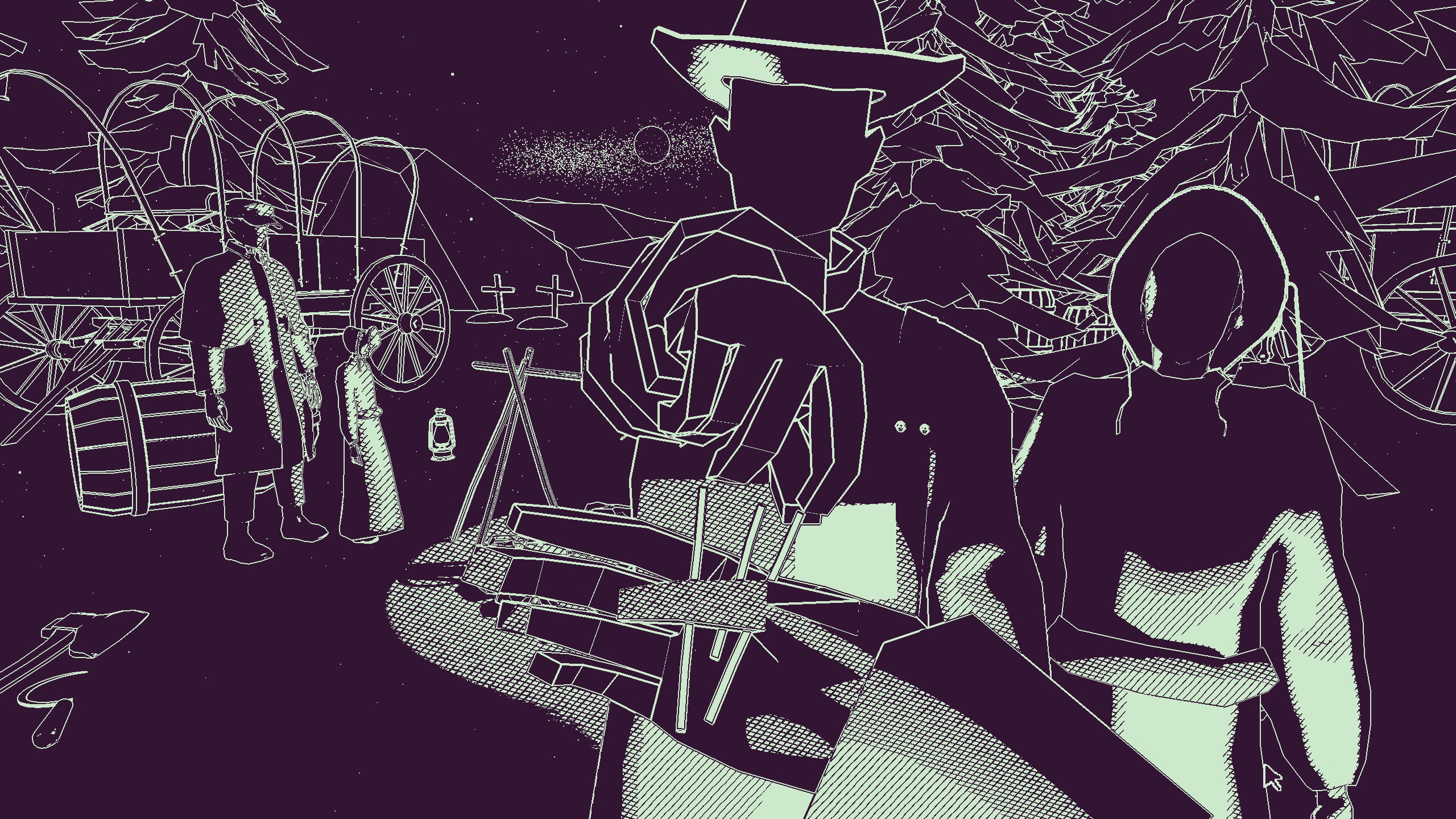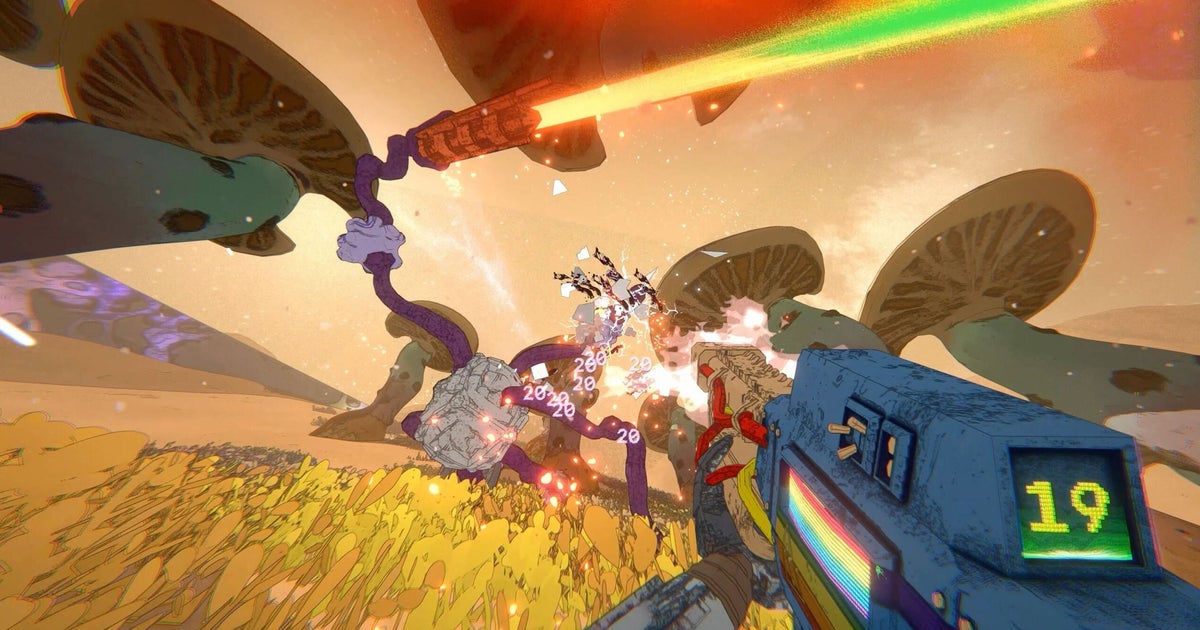Marvel's 'Thunderbolts': A Refreshing Take on Anti-Heroes

'Thunderbolts,' the highly anticipated latest release from Marvel Studios, marks the end of Phase Five in the Marvel Cinematic Universe (MCU). This film takes a cue from the 'Suicide Squad' model, uniting a band of unconventional anti-heroes who are tasked with a mission for the greater good. Surprisingly, 'Thunderbolts' manages to stand out as a more enjoyable cinematic experience compared to its DC counterpart.
Leading the ensemble cast is Florence Pugh, who portrays Yelena Belova, a character stepping into the role of the new Black Widow. Alongside her, Sebastian Stan reprises his familiar role as Bucky Barnes, while David Harbour returns as Alexei Shostakov, also known as The Red Guardian, who serves as a parental figure to Yelena. Wyatt Russell, portraying John Walker, adds depth to the team; his brooding version of Captain America was first introduced in the Disney+ series 'The Falcon and the Winter Soldier' and continued to evolve in 'Captain America: Brave New World.' Additionally, Olga Kurylenko returns as the enigmatic Taskmaster, and Hannah John-Kamen brings the formidable character of Ghost to life.
As a longtime Marvel fan, I must admit that my enthusiasm for their recent films has waned. Factors like the growing oversaturation of the superhero genre, predictable narrative arcs, and the overreliance on CGI effects have all contributed to my lukewarm feelings. With this in mind, I approached 'Thunderbolts' with rather tempered expectations. To my surprise, the film exceeded them significantly.
Spoiler Alert: Before diving into a more detailed analysis of the film, I must warn readers that some plot details will be revealed. While I will do my best to avoid major spoilers, tread lightly if you wish to remain unspoiled.
The film's success largely hinges on the captivating performances delivered by Florence Pugh and David Harbour. At its heart, 'Thunderbolts' is fundamentally Yelena's story, with everything else playing a supporting role. The complex father-daughter dynamic between Yelena and Alexei serves as the emotional backbone of the film. Their history, informed by their previous collaboration in the less-than-stellar 'Black Widow' movie, enhances the believability of their characters relationships. Both actors demonstrate their prowess, bringing depth and authenticity to their performances.
While the other cast members certainly pull their weight, providing essential contributions to the narrative, it is the chemistry between the leads that truly shines. As the ensemble assembles for their first significant battle, an undeniable sense of camaraderie and connection emerges. It is clear that Marvel is strategically laying the groundwork for exciting developments in Phase Six, and the quirky, dysfunctional dynamic among this group of heroes makes them engaging and relatable.
Julia Louis-Dreyfus injects her character, Valentina Allegra de Fontaine, with her signature 'Veep' energy, effectively serving as the Amanda Waller of this new team of Avengers. Meanwhile, Lewis Pullman portrays Bob, a mysterious figure whose recently discovered godlike abilities turn him into the Sentry, a character best described as a less-charismatic version of Homelander. Although Bob is undeniably dangerous, the film misses an opportunity to delve deeper into his darker side.
However, 'Thunderbolts' does stumble in certain aspects. The development of Bob's backstory feels somewhat rushed and unearned. While significant time is devoted to building the chemistry of this new superhero crew, when the moment arrives for them to confront the threat posed by the Sentry, the stakes seem disappointingly low. A poignant theme of mental health connects Bob to Yelena, ultimately shaping the climactic confrontation. This thematic element is meaningful, but the in-world rules render the villain's power impressive yet not lethal.
Moreover, the recent reveal of the Avengers: Doomsday cast, which includes every actor from 'Thunderbolts,' casts a shadow of predictability over the plot. This palpable sense of security can detract from the tension and stakes during the films latter acts.
In contrast to 'Captain America: Brave New World,' the fight sequences in 'Thunderbolts' are exhilarating. The effort and dedication of the team are evident in how these battles are brought to life, resulting in a raw, street-level quality to the action. Rather than relying heavily on CGI for the film's climactic moments, clever camera work and practical set designs conjure a mesmerizing third act reminiscent of 'Inception' with its dreamlike transitions.
A noteworthy detail is that Pugh's combat skills appear more grounded and believable than those of Scarlett Johansson's portrayal of Black Widow. To put it bluntly, I would not want to encounter the 'Midsommar' actress in a dark alley.
The film's infusion of humor is a delightful surprise. While comedy has always been a staple of Marvel films, the MCU has felt relatively devoid of genuine laughs in recent entries. Although 'Thunderbolts' may not be a groundbreaking film or a narrative that significantly disrupts the overarching story, it serves a purpose.
Ultimately, 'Thunderbolts' provides a refreshing breath of fresh air in the superhero genre. It acts as a palate cleanser, reminding audiences that Marvel films can be entertaining and, dare I say, even humorous. While it may not push any boundaries, it functions effectively on multiple levels, successfully paving the way for the upcoming 'The Fantastic Four: First Steps,' which is slated to hit theaters this summer. What more could one hope for?


























